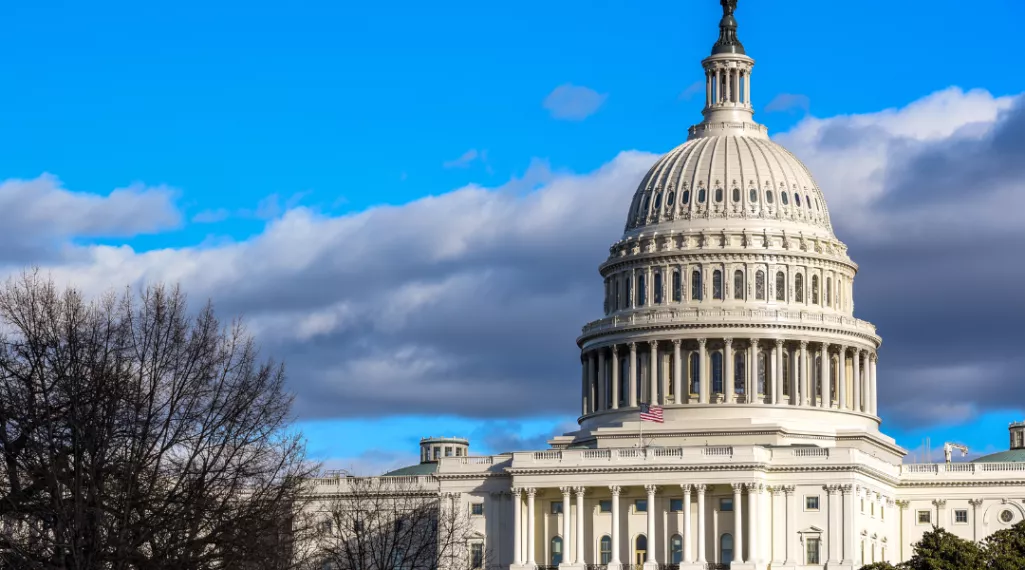
Trump administration offers challenges, opportunities in 2025 and beyond

On Nov. 5, American voters selected Donald Trump as president for the next four years and gave Republicans control of the Senate and House for at least two years. In 2025, the Colorectal Cancer Alliance will work cooperatively and assertively with the new administration and Congress to address the chronic underfunding of colorectal cancer research and its inadequate prioritization by the federal government, despite its significant impact on public health.
Our 2025 advocacy efforts will focus on three key priorities:
- Increase federal funding for colorectal cancer research.
- Advocate for $1 billion in National Cancer Institute (NCI) funding for colorectal cancer research.
- Push for a $20 million colorectal cancer research program within the Congressionally Directed Medical Research Program.
- Eliminate regulatory barriers to quality colorectal cancer care.
- Ensure access to biomarker testing and other essential diagnostics.
- Improve screening technologies and recommendations.
- Fully fund the CDC's Colorectal Cancer Control Program.
Unified government control has advantages and disadvantages. On the plus side, legislation is easier to pass without needing minority party support. However, minority party perspectives, representing nearly half of voters, can be sidelined. The Colorectal Cancer Alliance will also work closely with Democratic leaders to secure bipartisan support for these priorities.
President-elect Trump has nominated Robert F. Kennedy Jr. to lead the Department of Health and Human Services (HHS). This appointment presents both opportunities and risks. Trump's directive for Kennedy to “go wild” with health policy could lead to groundbreaking progress in areas such as research and access to affordable care. Alternatively, Kennedy’s personal, scientifically disproven beliefs on issues like vaccines could derail critical health policies. The Senate will play a crucial role in determining how Kennedy's leadership unfolds.
The Colorectal Cancer Alliance approaches 2025 with passion and optimism. Our research goals are ambitious, but the urgency is clear. Colorectal cancer accounts for nearly $23 billion annually in health costs — almost 12% of total cancer-related expenses — yet receives less funding per diagnosis than almost every other cancer.
We are determined to make 2025 the year the federal government recognizes the need to adequately fund colorectal cancer research and care.
We need your help to make this vision a reality. Throughout the year, we’ll share opportunities to support legislation, increase research funding, and address harmful policies. When action is required, your advocacy will make the difference. Together, we can create meaningful change for everyone affected by colorectal cancer.
Top resources

National Cancer Prevention Month: Majority View Encouraging Screening as an Act of Love
Americans increasingly view colorectal cancer screening encouragement as an act of love, with new survey data showing rising openness about lifesaving prevention.

Five moments that mattered in 2025
These moments that mattered reflect a growing, unified movement to save lives and drive the mission to end colorectal cancer forward with urgency.

2025 Walk series inspired allies across the country
Across nine cities nationwide, our community showed what’s possible when compassion, determination, and action meet on the pavement to #WalkLoud.





